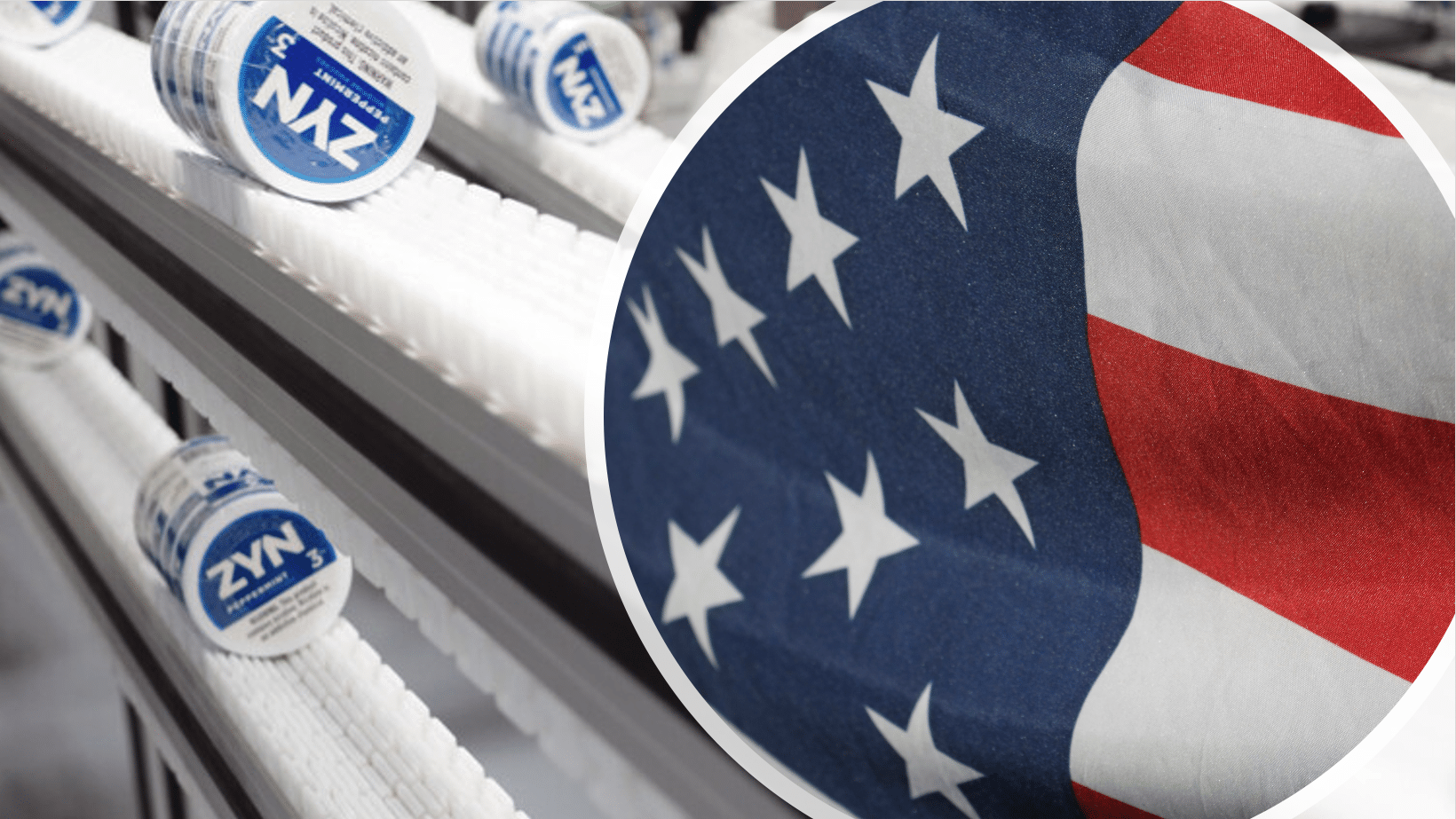Swedish parliament overrules government plan for stricter snus rules
Sweden’s parliament, or Riksdag, has overruled a government proposal to impose stricter legislation on snus use. The result is a victory for campaigners and snus producers who have argued snus shouldn’t be regulated as strictly as cigarettes as snus is much less harmful.
A clear majority in the Riksdag voted on December 12th for an amendment to the Tobacco Act which would leave the current rules covering snus unchanged, while introducing stricter rules for smoked tobacco, overcoming the Löfven government’s reluctance to differentiate between cigarettes and snus.
“We think it’s a sign of progress that politicians have finally begun to realise there is a difference between smoking and snus,” says Patrik Strömer, Secretary General of the Association of Swedish Snus Manufacturers.
Although not all parties agree on how different tobacco products should be regulated, what became clear during the debate was the growing consensus on the fact that snus is less dangerous than cigarettes.
“Smoking is deadly, which justifies strict legislation. But snus is not,” argued Johan Hultberg, an MP for the centre-right Moderate Party during the debate. “On the contrary, our experience in Sweden is that snus has actually saved lives and reduced tobacco-related harm.”
There was rare agreement on both sides of the political spectrum, with Karin Rågsjö, an MP with the Left Party, backing up her Moderate colleague.
“It is absolutely impossible to compare snus with smoking, because smoking has a much greater impact on health than snus,” she said.
‘Cigarettes significantly more dangerous’
The Christian Democrat MP Michael Anefur pointed to the harm reduction potential of snus, noting the significantly lower tobacco-related mortality in Sweden compared with the rest of Europe.
“If we ímagine that the rest of Europe and the EU had the same proportion of people using snus and chewing tobacco as Sweden does, the number of tobacco-related deaths would be significantly lower than it is today. From a public health perspective, a shift towards snus and chewing tobacco from smoking would be a big step forward,” he said.
Rågsjö agreed with Anefur, although she questioned the idea that the products should be regulated solely on the basis of their health effects.
“Michael Anefur has also supported the idea of looking at snus and cigarettes a little differently and I agree that cigarettes are much more dangerous,” she said.
Strömer complained that there remained an ingrained and “regrettable” approach in Swedish public health policy that refused to take into account the health profile of various products.
“There has been this dogmatic ‘no’ to everything,” he said, praising the progress made in the current legislation towards a “more modern and scientific basis in Swedish tobacco policy”.
Self-service is still available
The majority vote means that Sweden will escape the unnecessary proposed ban on self-service in stores, which would have meant that snus could only be sold behind the counter, and that many stores, particularly in sparsely populated areas, would have had to rebuild their premises.
Bengt Hedlund, CEO of the industry organisation Convenience Stores Sweden, welcomed the Riksdag’s amendments on snus.
“Convenience Stores Sweden has worked on this issue for many years and we are of course positive that self-service of snus will still be allowed,” he said.
The original proposal also contained a total ban on the marketing of snus in stores and a ban on exposing snus products with pictures online. But, as a result of the amendment, Swedish consumers will now continue to be able receive information in stores.
“It is a victory that Sweden’s more than one million snus users are still trusted to be able to take boxes out of the fridge themselves and that information about new products will still be available at points of sale,” Strömer said. “Now there is a majority at the Riksdag behind these basic principles.”
After the amendment, not one of the new stricter snus regulations will now be implemented.
When it comes to the digital sale of snus products (for example on e-commerce sites), legislators proposed that after a new government comes in 2019, it should draw up a separate bill on the marketing of tobacco products online, which may contain further changes.
The new law enters into force on 1 July 2019.
Fast facts about Sweden’s new law
* Everyone who wants to sell tobacco must have a permit
* The current smoking ban is extended to apply to certain public places outdoors, such as outdoor cafes
* The smoking ban is extended to include e-cigarettes and other products
* The rules on traceability and safety labeling in the EU Tobacco Products Directive are implemented in Sweden
* Packages with portion-packed snus must contain at least 20 portions
Read more about 2018/19: SoU3 on the Riksdag’s website.




